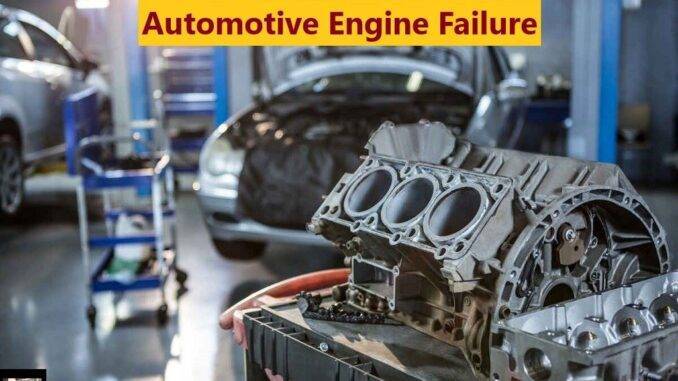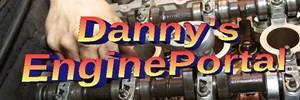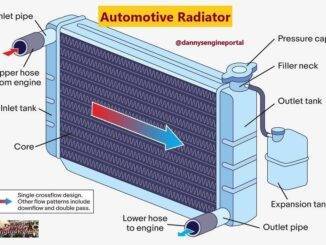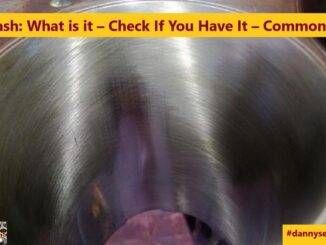
Automotive engine failure, is usually one of the last things to happen in your vehicle.
Still, automotive engine failure, does happen more than you think. But, there are ways that you can reduce the amount of that damage.
First, there are a lot of potential causes, for automotive engine failure. But, some like overheating, poor lubrication and detonation, are more common than others.
If you have had an automotive engine failure, don’t just fix it. Because, you need to know why it failed, to avoid a repeat failure. So, a good place to start your postmortem, is to review the circumstances that lead up to the failure. First, an engine runs incredibly hot, so it relies on a complex system to keep it cool.
However, these systems themselves, may fail without you really knowing. Letting the engine slowly decline over time. So, coolant leaks and fans that are not working, are all common factors.
Also, lubrication issues arise from, not changing the oil as often as you should. As well as, regular wear and tear with faulty delivery systems. In addition, detonation, which makes the telltale knocking sound, coming from under the hood. All this leads to automotive engine failure.
Warning Signs:
- See if you have a check engine light (CEL) on.
- Listen for popping, knocking or other unusual sounds under the hood.
- Check if your engine is producing foul scents, or the smell of burning or melting rubber.
- Try to feel for sudden jerks and shaking.
- Look to see if there is any engine smoke.
Major Causes:
Engine Overheating
So, engine overheating can be caused by, any number of things. And, is often the result of coolant loss, or a low coolant level. As a result of, leaks in hoses, the rad or the engine itself. Also, a weak rad cap that leaks pressure, can allow coolant to escape from the system. This can all cause, automotive engine failure.
And, by not getting the cooling system completely filled, after changing the engine coolant. Because, that can allow steam pockets to form, that make the engine run hot. An electric cooling fan, that fails to come on. Most often, due to a faulty thermostat, relay, wiring or motor. Furthermore, so can a slipping fan clutch. Even a missing fan shroud, that reduces the fan’s effectiveness, may be a factor.
So, the engine can overheat for several reasons, apart from just a cooling system failure. For example, a faulty catalytic converter or other exhaust system restrictions. Because, this can make the engine work harder, and eventually run hotter. Incorrect ignition timing, low fuel pressure, and overly restrictive air intake system. Are all factors as well.
Overheating engines can result in a complete seizure, since metal expands as temperatures increase. This can be catastrophic for the engine, and in most cases is unrepairable.
Engine Lubrication
So, every engine needs oil between its moving parts. Not only to reduce friction, but also to carry away heat. Consequently, oil is the primary means, by which the rod and main bearings are cooled. This can cause, automotive engine failure.
As a result, any loss in oil flow may cause these parts to run hot, and seize. Low oil pressure can also disrupt any oil pressure dependent systems. Including, (VVT) timing, which would result in poor fuel economy or worse. Low oil pressure can be caused by a worn oil pump and low oil levels. And, low oil levels can be a result of leakage and/or oil burning.
Detonation And Spark Knock
Piston detonation (Spark Knock ) is a form of, abnormal combustion. And, is from too much heat and pressure, in the combustion chamber. The fuel ignites spontaneously, causing a sudden rise in cylinder pressure. The result is, a sharp hammer like blow on the piston, that makes a metallic knocking or pinging noise. This can cause, automotive engine failure. So, light detonation, is considered normal and should not, cause any damage.
But, Heavy Or Prolonged Detonation Can Cause:
- Piston rings to break or crack.
- Piston ring grooves to pound out.
- Punch holes, through the tops of pistons.
- Flatten out, rod bearings.
- Cause head gaskets to leak or blow.
Conclusion
So, poor maintenance may cause more automotive engine failures, than almost anything else. Sometimes, having regular maintenance, could seem to be pricey. But, it is also the most important thing to do, to keep your vehicle in good working order.
Thank You !!




